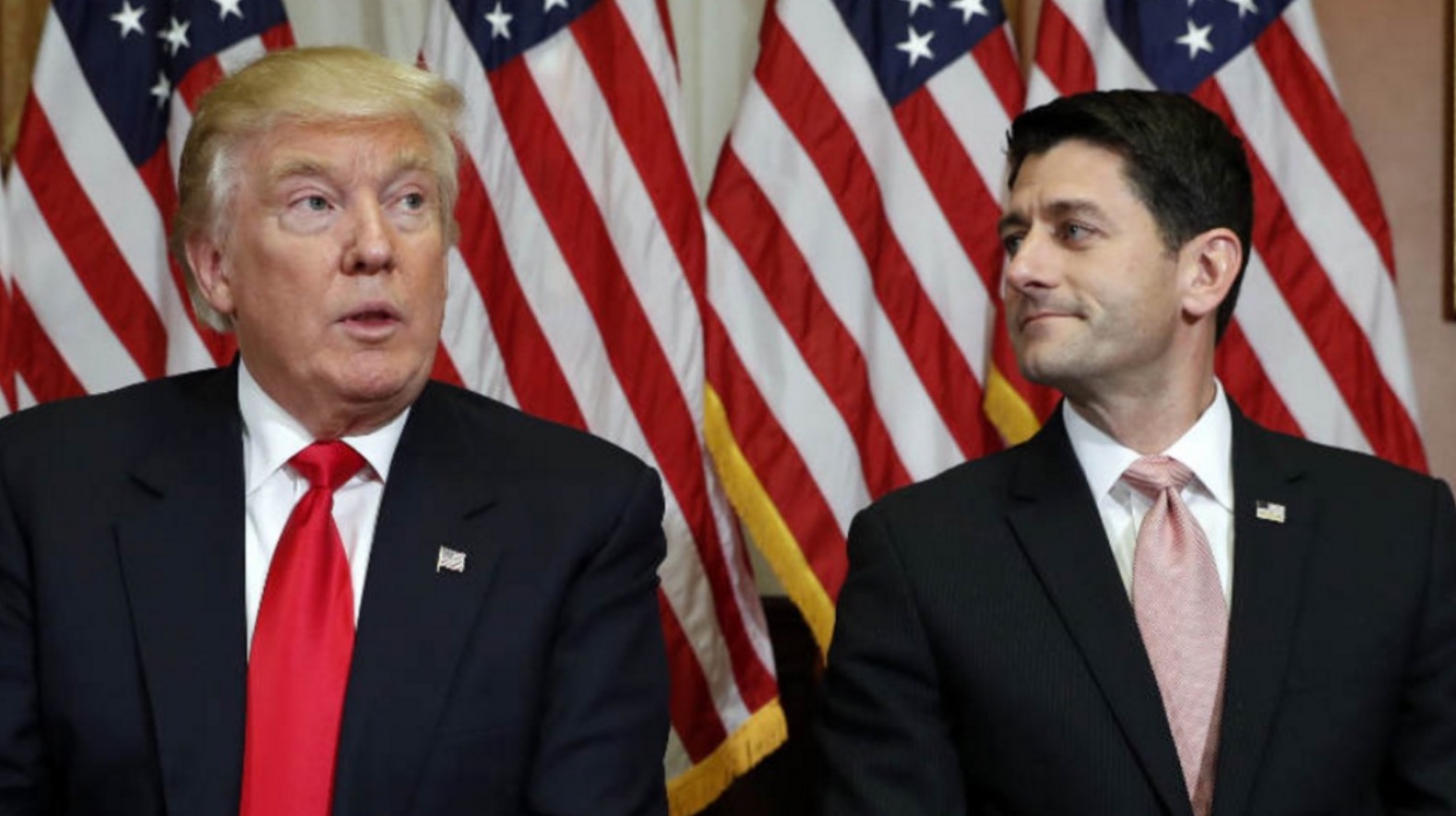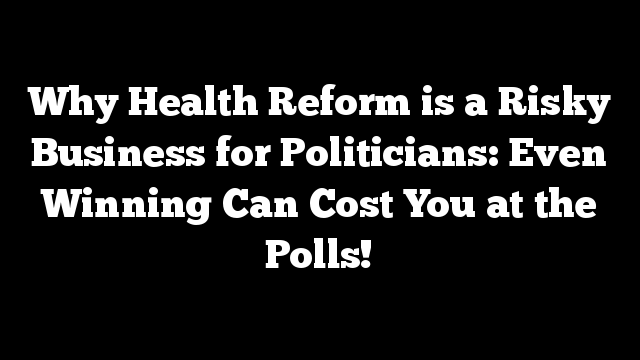 In August 1989, Chicago Congressman Daniel Rostenkowski, then Chairman of the “powerful” House Ways and Means Committee, narrowly escaped an angry mob of seniors in his own district who attacked his car with umbrellas. His crime: eliminating the gaping patient financial exposure built into the Medicare program in 1965 by raising taxes on the “high income” elderly. In November, 1989 Congress rescinded the so-called Catastrophic Coverage Act, a bipartisan reform signed into law by Ronald Reagan just sixteen months earlier.
In August 1989, Chicago Congressman Daniel Rostenkowski, then Chairman of the “powerful” House Ways and Means Committee, narrowly escaped an angry mob of seniors in his own district who attacked his car with umbrellas. His crime: eliminating the gaping patient financial exposure built into the Medicare program in 1965 by raising taxes on the “high income” elderly. In November, 1989 Congress rescinded the so-called Catastrophic Coverage Act, a bipartisan reform signed into law by Ronald Reagan just sixteen months earlier.
In the spring of 1994, Bill and Hillary Clinton abandoned their famously arcane health reform plan and months later, forfeited control over Congress in the 1994 mid-term elections. Health reform was a major factor giving Newt Gingrich’s House Republicans control for the first time in forty years. Twenty five years later, Barack Obama succeeded, with huge Democratic majorities, in passing the Affordable Care Act and . . . lost control of the House less than eight months later in the largest Republican landslide since 1938, due in major part to voter backlash against “ObamaCare”.
What was the common denominator of all these political events? The answer: powerful voter retribution for tinkering with the healthcare system, successfully or not. Why is health reform such risky business for politicians?
First, US. healthcare is a vast enterprise, the size and complexity of a large industrial nation. In 2017, we will spend more than $3.5 trillion on healthcare, roughly equal to the GDP of Germany. It employs sixteen million people. Its physicians, scientists and engineers, hospitals, pharmaceutical and technology firms, information technology vendors, not to mention patients themselves, are, collectively, the most powerful private interest group in the country. Invading a third world country like Iraq or Afghanistan is child’s play compared to reforming the US health system.
Second, and more important, the health system touches every American at vulnerable times. Virtually every mother in America became a mother in one of its hospitals. One third of us will die in those same hospitals, and perhaps half of us will spend some time in the hospital in the last month of our lives. There are nearly 5000 US hospitals, more than 800 thousand practicing physicians and millions of nurses and other health professionals devoted to sheperding us through critical life passages. They see us, and try to help us, when we are not at our best.
But third and most important, American voters view health reform schemes emanating from Washington through a prism of fear borne of intimate personal experience. For example, nearly 1.6 million people will be diagnosed with cancer this year, and six hundred thousand people will die of the disease. There are over 14 million cancer survivors in the US, most of whom have families to dealt with the fear and risk together with their family and friends. That adds up to many tens of millions of people directly affected by just one illness. Every one of those 14 million cancer survivors, including the author of this post, is the proud owner of a “pre-existing condition”.
The primal fear of becoming ill is now accompanied by the fear of being bankrupted by the medical bills that result. More than 43 million Americans have unpaid medical bills. Nearly 40% of adults have been contacted by bill collectors for those bills.
And there isn’t much of a margin in most household budgets for that surprise medical bill. Almost half of American households cannot cope with a surprise $400 bill without borrowing the money or selling something they own. Medical expenses are the major contributor of personal bankruptcy . It is worth noting here that personal bankruptcies have fallen by HALF since the Affordable Care Act was passed.
And finally, as the 2016 election of consummate outsider Donald Trump, with nary five minutes of prior experience in government, conclusively demonstrated, tens of millions of voters do not trust the competence of the federal government or believe that it is working for them.
So- health care- nearly 20% of the economy, hellishly complex, intimate attached to voters’ darkest fears and their pocketbooks, encased in a huge mesh of powerful interest groups and vast public skepticism over whether government can do anything right. What is there for a politician not to love here? Political leaders intent on “reforming” healthcare are messing with something with a lot of nerve endings attached to primal voter fears, both for their own health and their finances. And there isn’t a great deal of trust to go around.
Republican health reformers, as you take your turn, take note: health policy isn’t brain surgery. It’s actually a lot harder. Voters remember what you promised. Recall Obama’s most costly promise: “If You Like Your Health Plan, You Can Keep It”. It also pays to be humble about what you can accomplish. Trump promised a “terrific” health plan that “covered everybody”. And the Hippocratic Oath doesn’t just apply to medicine. It applies in force to health policy, particularly the “At First, Do No Harm” part.
